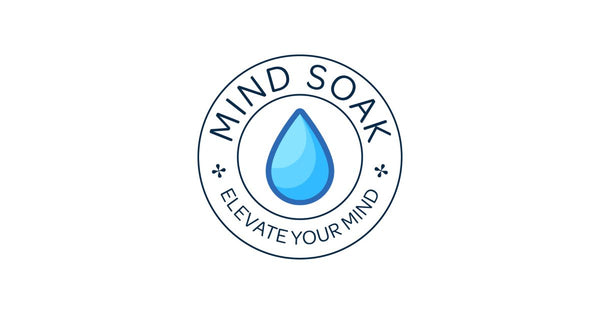
When Alcohol Becomes a “Solution”: Understanding How Mental Health Drives Abuse
Share
Many people don’t start abusing alcohol because they want to develop long-term problems—they often use alcohol to cope with existing stressors, emotions, or mental health symptoms. While it may feel like relief in the moment, alcohol as a coping tool can worsen things over time. Below, we’ll explore why people do it, what mental health issues are involved, risks, and healthier alternative strategies.
Why Some Turn to Alcohol as a Coping Tool
Self-Medication Hypothesis: Many individuals with depression, anxiety, post-traumatic stress, or other mental health conditions use alcohol to alleviate uncomfortable symptoms. The term “self-medication” describes this behavior.
Stress and trauma: Exposure to chronic stress, life traumas, or adverse experiences increases the risk that someone will drink to escape, numb, or distract from psychological pain.
Immediate relief vs delayed consequences: Alcohol can quickly dampen anxiety or sadness by altering brain chemistry (endorphin release, nervous system slowing), but those effects are temporary. Over time, tolerance builds, and symptoms often return more intensely.
Mental Health Issues That Commonly Co-Occur with Alcohol Abuse
Alcohol abuse (often diagnosed as Alcohol Use Disorder, or AUD) is frequently seen alongside:
Depressive disorders – people feeling low, hopeless, or unmotivated often use alcohol to mask mood symptoms.
Anxiety disorders – social anxiety, generalized anxiety, panic, etc. Alcohol may reduce anxious thoughts in the short term.
Trauma- and stress-related disorders – people with PTSD or unresolved trauma may self-medicate to dull intrusive memories or emotional distress.
Other co-occurring conditions, including sleep disorders, ADHD, bipolar disorder, etc. Comorbidity increases risk and complicates treatment.
Risks of Relying on Alcohol for Coping
Using alcohol to cope isn’t just “harmless relief”—it carries risks:
Increased severity over time: more alcohol needed for same effect (tolerance), worsening of mental health symptoms.
Potential for addiction (AUD) and dependence.
Worsening of sleep, mood, anxiety – what alcohol seems to relieve initially often returns doubled or worse.
Health impacts: liver, brain, cardiovascular issues; neurocognitive decline if abuse is heavy/long-term.
How To Recognize When Drinking Is a Red Flag
You’re drinking more than intended, or more frequently.
You use alcohol specifically in response to negative emotions, stress, anxiety, or mood dips.
You notice that things you used to find satisfying no longer work, or your drinking has become one of your main strategies for coping.
Mental health symptoms worsen despite—or even because of—drinking.
Healthier Alternatives to Using Alcohol to Cope
Instead of turning to alcohol, these strategies tend to support mental health more sustainably:
Therapy or counseling – talk therapy (e.g. CBT) can help address underlying issues: depression, anxiety, trauma.
Mindfulness or meditation practices – help increase tolerance for uncomfortable feelings without needing to numb them.
Physical activity / movement – exercise has strong evidence for reducing anxiety, improving mood.
Sleep hygiene – poor sleep worsens both mental health and likelihood of coping via substances.
Social support – talking with trusted friends, support groups or communities.
Stress management skills – breathing, journaling, identifying triggers, planning healthy coping routines.
✅ What to Do If You Think You’re Using Alcohol to Cope
Reflect on whether you reach for alcohol when stressed, lonely, anxious, etc.
Consider keeping a log: note how often, why, and how much you drink, and what your mood is before/after.
Talk to a healthcare provider about mental health symptoms and whether treatment or support could help.
If needed, seek programs or professionals that treat both mental health issues and substance use together—they tend to have better outcomes.
Final Thoughts
Alcohol may feel like a quick fix when mental health is fragile—it can take the edge off, quiet racing thoughts, numb painful feelings. But over time it can deepen the very struggles someone is trying to escape. Understanding that alcohol abuse is often a symptom of underlying pain is a crucial step toward healing. Sustainable mental wellness usually requires treating root causes—stress, trauma, mood disorders—not just masking them.

